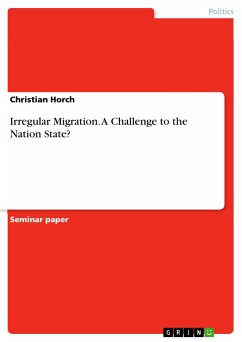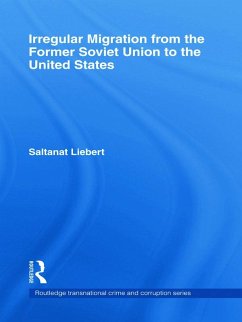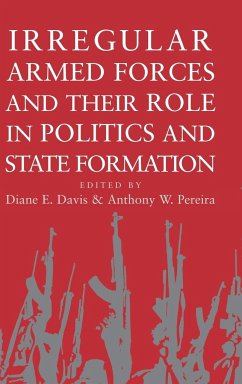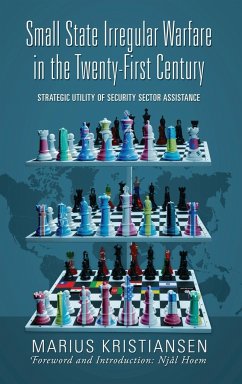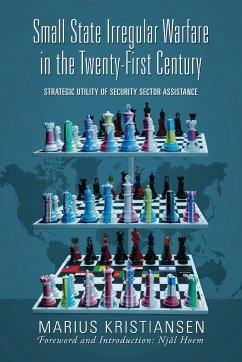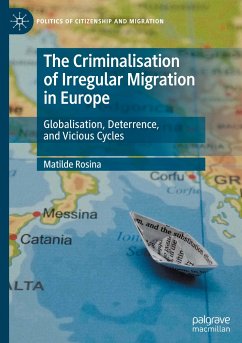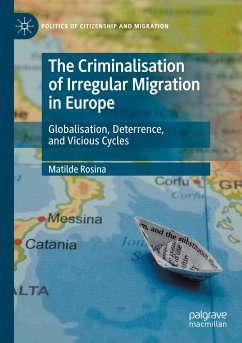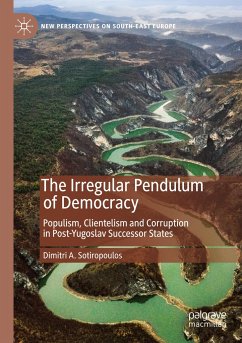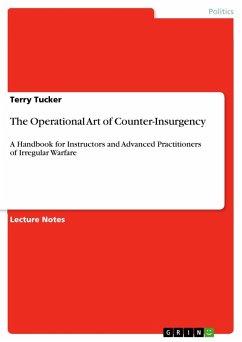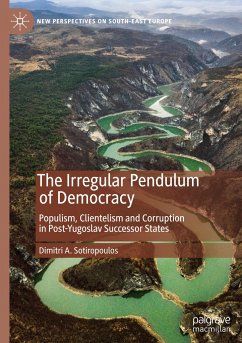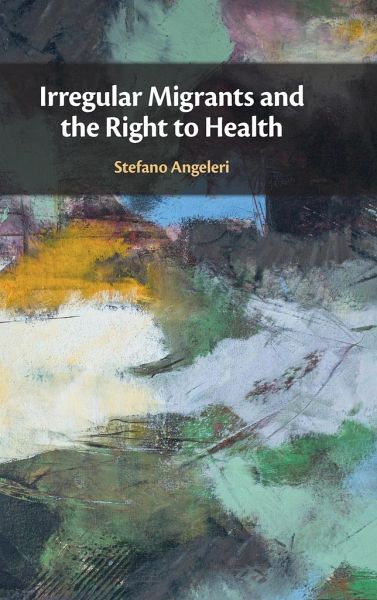
Irregular Migrants and the Right to Health
Versandkostenfrei!
Versandfertig in 1-2 Wochen
101,99 €
inkl. MwSt.
Weitere Ausgaben:

PAYBACK Punkte
51 °P sammeln!
In our globalised world, where inequality is deepening and migration movements are increasing, states continue to maintain strong regulatory control over immigration, health and social policies. Arguments based on state sovereignty can be employed to differentiate irregular migrants from other groups and reduce their right to physical and mental health to the provision of emergency medical care, even where resources are available. Drawing on the enabling and constraining factors of human rights law and public health, this book explores the scope and limits of the right to health of migrants in...
In our globalised world, where inequality is deepening and migration movements are increasing, states continue to maintain strong regulatory control over immigration, health and social policies. Arguments based on state sovereignty can be employed to differentiate irregular migrants from other groups and reduce their right to physical and mental health to the provision of emergency medical care, even where resources are available. Drawing on the enabling and constraining factors of human rights law and public health, this book explores the scope and limits of the right to health of migrants in irregular situations, in international and European human rights law. Addressing these peoples' health solely with an exceptional medical paradigm is inconsistent with the special attention granted to people in vulnerable situations and non-discrimination in human rights, the emerging rights-based approach to disability, the social priorities of public health and the interdependence of human rights.





